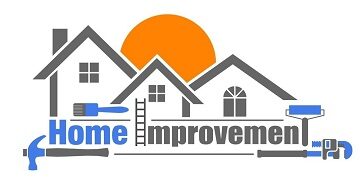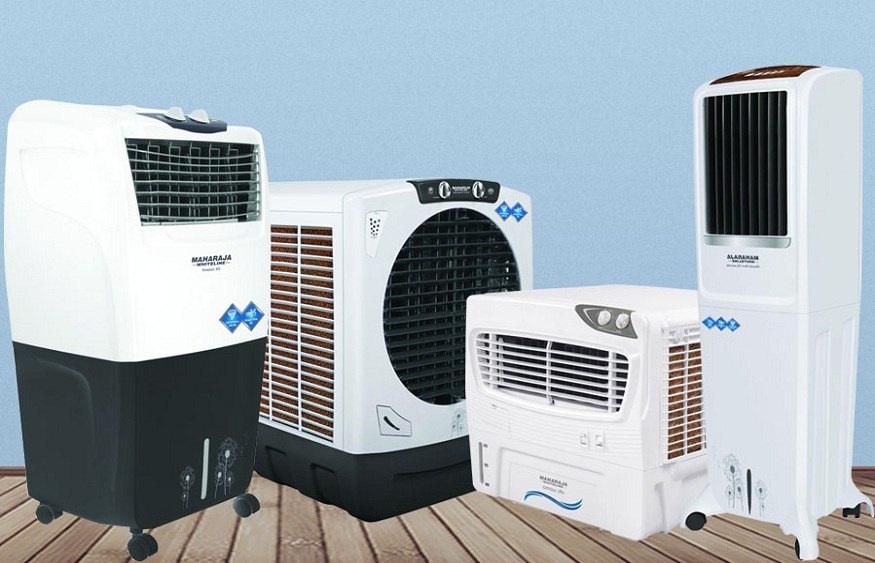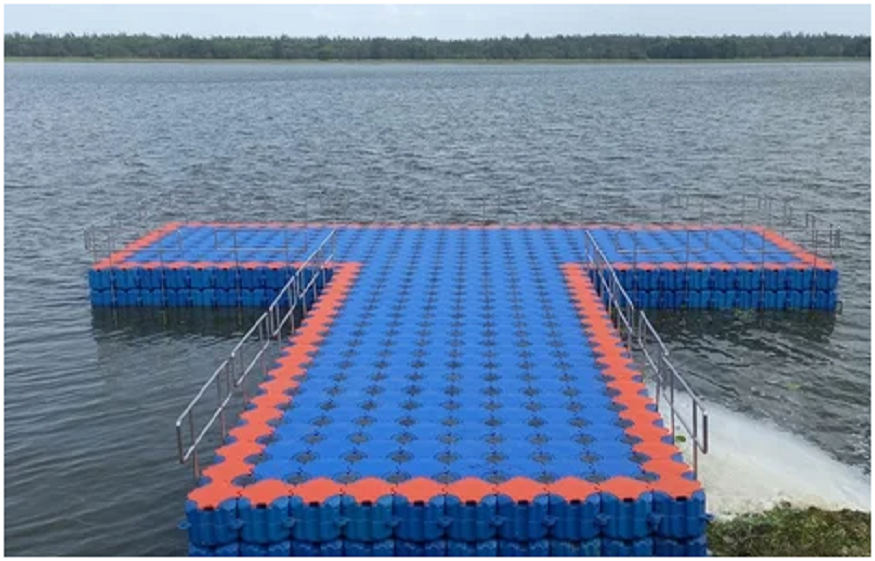The Benefits And Drawbacks Of Evaporative Coolers
Do you want to beat the summer heat with a cooling solution that provides superior cooling while using less energy? Without a doubt, an evaporative cooler is one of the most cost-effective and energy-efficient solutions for lowering air temperature to deliver a high level of cooling power.
What Is The Process Of An Evaporative Cooler?
Evaporative coolers cool the air by evaporating water. A fan draws warm outside air into the unit and cools it by passing it over water-soaked pads, causing the water to evaporate. In other words, it’s like getting out of the pool on a hot summer day and feeling a chill.
An evaporative cooler provides more effective and efficient cooling because it combines water vaporization with an air-moving system.
The Benefits Of An Evaporative Cooler
Evaporative coolers are ideal for hot and dry areas because they add moisture and humidity to the space, in addition to delivering cool air and making the summer season bearable for you. You should be aware that an evaporative cooler is more than capable of providing whole-house cooling.
Efficient Use Of Energy
One of the primary advantages of evaporative cooling systems is that they use far less energy than a standard air conditioner. In reality, an evaporative cooler uses 50% to 75% less electricity than an air conditioner.
Low Costs Of Installation And Maintenance
Smaller units require minimal installation, whereas a ducted evaporative cooler necessitates the installation of ducting and vents throughout the home.
Evaporative coolers require little maintenance because they have fewer moving parts and use simple technology.
Ideal For Hot, Dry Climates
Evaporative cooling is a cost-effective and recommended cooling method in dry climates. Because the air in a dry environment is lower in humidity and has a greater capacity to absorb water vapor.
Remember that an evaporative cooler reduces air temperature through humidification. Because dry weather causes respiratory distress by drying out the lining of the throat and nose, as well as skin dehydration, changes in respiratory mucous membranes, and rhinitis, evaporative coolers improve comfort by increasing the moisture level in the air.
Effectively Filters Air
Another reason to consider an evaporative cooler is that it draws in warm air, filters it through moist pads, and distributes it throughout the space. The system captures dust particles, pollen, and other allergens in the air before circulating clean and fresh air.
Healthy And Environmentally Friendly
An evaporative cooling system improves air quality and allows you to breathe fresh air without drying out the environment, which is good for your health.
Most importantly, it employs non-polluting, environmentally friendly technology, which has numerous advantages over compressor air conditioning.
The Drawbacks Of Evaporative Cooling
Although an evaporative cooler requires little maintenance, salts and mineral deposits can accumulate if your area has hard water. Furthermore, if the cooler is located on the roof, maintenance can be much more inconvenient and potentially dangerous.
Not Suitable For Humid Environments
In hot and humid weather, running an evaporative cooler cannot provide the same thermal comfort as air conditioning units. Because excessive humidity inhibits the air’s ability to absorb additional moisture, it will inevitably affect the performance of your evaporative cooler.
Consequences Of High Humidity
Although low humidity can be harmful to your health, excessive use of an evaporative cooler causes moisture buildup, which promotes the growth of mold, dust mites, and mildew in confined spaces. Overuse of an evaporative cooler can cause asthma, allergic complications, or a condition known as hypersensitivity pneumonitis if the humidity level rises.


